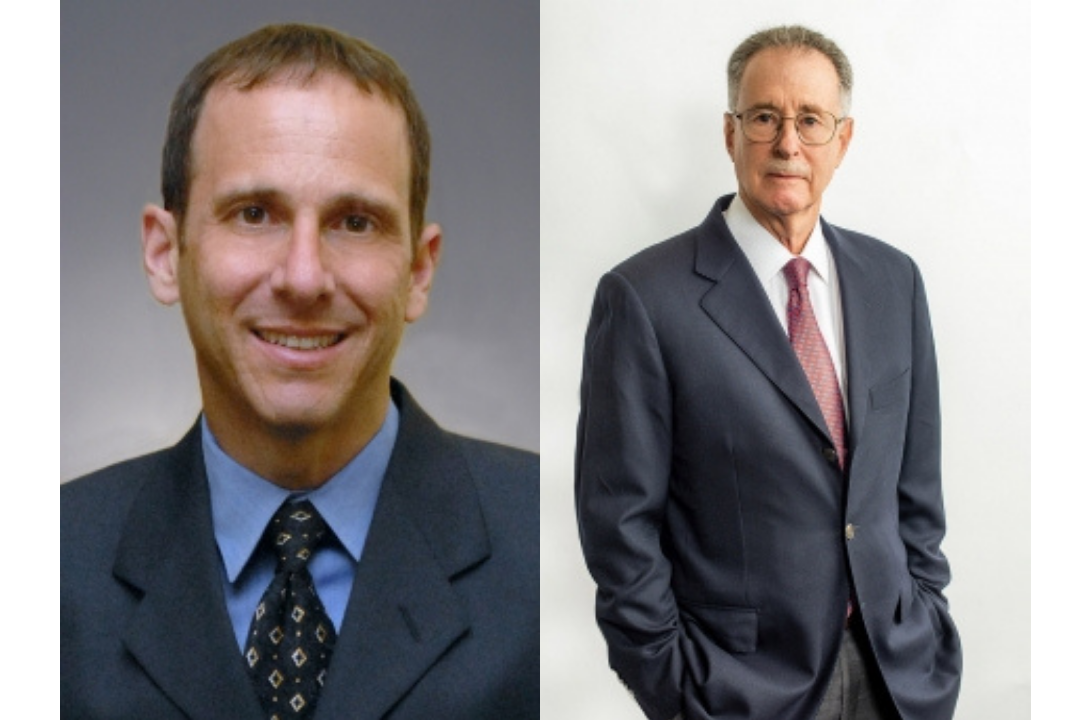A forthcoming article about habeas corpus by Jonathan R. Siegel, Professor of Law & Davis Research Professor, was cited twice by Justice Elena Kagan in her dissenting opinion in Brown v. Davenport. The article will appear in the Arizona Law Review.
Professor Siegel believes the work of legal scholars can have a positive impact on the work of judges and Supreme Court justices, explaining that a goal of legal scholarship is to influence “actual courts deciding actual cases.” Scholars can assist judges, and particularly Supreme Court Justices, by doing the kind of laborious research that judges don't have time to do themselves said Professor Siegel.
“Supreme Court Justices have only a few days to work on each case and can't put in the hours needed to research every question personally. They depend on counsel and on legal scholars to put in those hours and present their results in a way that they can grasp quickly,” he said.
Professor Siegel’s article concerns the circumstances on which habeas relief was available in the 19th century. “The article explains the Supreme Court's 19th-century habeas cases used certain important terms, particularly the term ‘jurisdiction,’ in a way quite different from the way we would use them today, which makes it easy to draw incorrect conclusions about the circumstances in which habeas relief was available at that time,” he said.
“The article explains that these cases really show that habeas relief was much more available in the 19th century than one might think,” said Professor Siegel.
Looking at selected phrases in historical 19th-century cases and reading them superficially, makes it easy to think that habeas relief was much more restricted during that time. “To understand the cases properly, it is necessary to read them carefully and understand their language in its 19th-century context,” said Professor Siegel.
“This careful reading of historical cases is just the kind of matter as to which scholarly research can assist the Court,” Professor Siegel continued. “It is satisfying to know that Justice Kagan was able to use my scholarship to help her support a point she needed to make in her opinion.”
Stephen Saltzburg's article Habeas Corpus: The Supreme Court and the Congress, published in the Ohio St. Law Journal, was also cited in the footnote of Justice Kagan’s dissent. Professor Saltzburg is the Wallace and Beverley Woodbury University Professor of Law and Co-director of the Litigation and Dispute Resolution Program.
Asked to state the impact of having his scholarship cited, Professor Saltzburg says, it “signifies that the scholarship we write can have an impact on the most important judicial institution in America.” As such, it provides “an incentive to keep doing the kind of work that we do.”
For Professor Saltzburg, the citation serves as a testament to the scholarly work being done at GW Law. “Whenever anyone on our faculty is cited by the Supreme Court or other courts, we all take pride in our institution,” he said.


